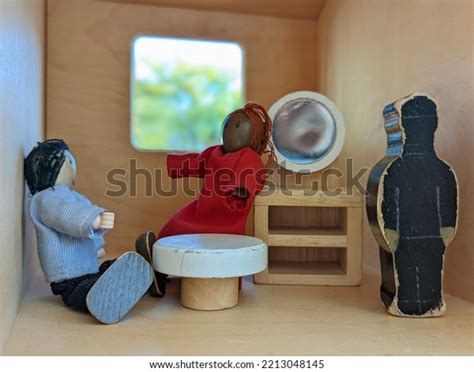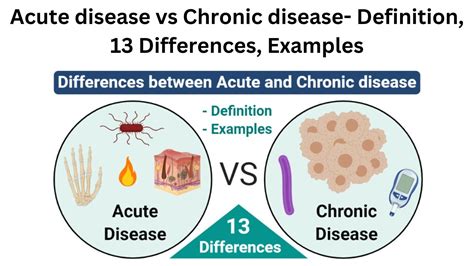What are the often-missed signs of depression in men that may not align with typical female presentations of the condition?

When we think of depression, common images often come to mind: profound sadness, tearfulness, loss of interest in activities, and expressions of hopelessness. While these are indeed hallmark symptoms, they align more closely with the way depression is typically presented and diagnosed in women. For men, the landscape of depression can be vastly different, often camouflaged by societal expectations of stoicism and strength. This divergence means many men suffer in silence, their symptoms going unnoticed or misinterpreted as something else entirely.

Irritability and Anger, Not Sadness
One of the most striking differences is the expression of mood. While women might report feelings of sadness or emptiness, men are more likely to exhibit irritability, anger, or aggression. This can manifest as a short temper, frequent arguments, road rage, or an overall cynical attitude. Rather than retreating into obvious sadness, a man with depression might lash out at loved ones or colleagues, struggling to manage his frustration and often being perceived as simply ‘grumpy’ or ‘difficult,’ rather than depressed.
Risk-Taking and Reckless Behavior
As a coping mechanism or an attempt to feel something – anything – men with depression may engage in risky or impulsive behaviors. This can include reckless driving, excessive gambling, unprotected sex, or extreme sports without adequate safety precautions. Such actions might be an unconscious way to self-medicate or to mask an underlying emotional void, providing a temporary adrenaline rush that distracts from internal pain.

Physical Symptoms and Chronic Pain
Depression isn’t just a mental state; it profoundly impacts the body. Men are often more likely to report physical symptoms rather than emotional ones, possibly because it’s more socially acceptable to complain about physical ailments. Persistent headaches, digestive problems, unexplained aches and pains, backaches, and chronic fatigue that doctors can’t attribute to a physical cause can all be manifestations of underlying depression. These somatic complaints are frequently treated symptomatically, while the root psychological cause remains unaddressed.

Substance Abuse and Workaholism
To cope with the distressing feelings of depression, men may turn to substances like alcohol or drugs as a form of self-medication. What might appear to others as a ‘drinking problem’ or recreational drug use could, in fact, be a desperate attempt to numb emotional pain. Similarly, an intense focus on work – becoming a ‘workaholic’ – can serve as a distraction, providing a sense of purpose and accomplishment while effectively avoiding introspection and emotional processing. This external validation temporarily masks internal turmoil.

Social Withdrawal and Isolation (Covert)
While withdrawal is a common symptom of depression, in men it might manifest subtly. Instead of openly retreating, a man might become emotionally distant from his family, less engaged in conversations, or find excuses to avoid social gatherings without openly admitting to feeling sad or uninterested. He might continue to participate in activities but with a noticeable lack of enthusiasm, a sign often dismissed as ‘being quiet’ or ‘having a lot on his mind.’
Difficulty Expressing Emotions
From a young age, many men are taught to suppress emotions, to be ‘strong’ and ‘man up.’ This societal conditioning makes it incredibly difficult for men to identify, articulate, and seek help for emotional distress. They may internalize their feelings, presenting a façade of composure even when grappling with intense inner turmoil, which only exacerbates the depressive state.
Recognizing these often-missed signs is the first crucial step toward breaking down the barriers to effective treatment for men. It requires a societal shift in understanding depression, moving beyond traditional stereotypes to embrace the diverse ways this complex condition can manifest. Encouraging men to seek help involves validating their experiences, even when they don’t fit the typical mold, and providing safe spaces where they can express their struggles without judgment.










